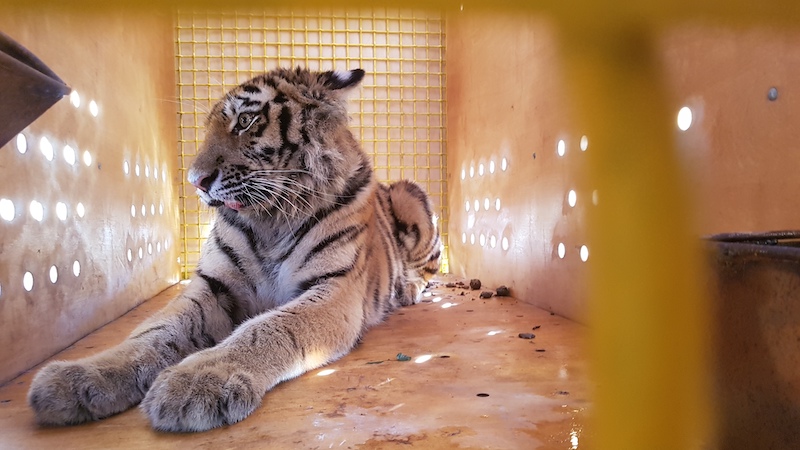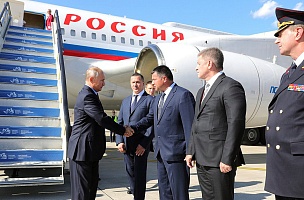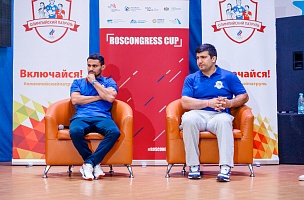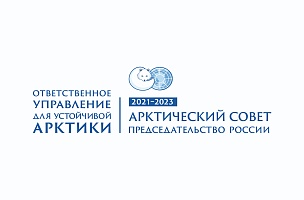A young injured predator was rescued from the wild in Primorye in December 2021. Thanks to the efforts of doctors, the tigress is now safe. Unfortunately, she will not survive in the wild on her own: she needs a special diet and constant veterinary monitoring. The Centre for Reproduction of Rare Animals at Moscow Zoo will provide this for her.
The rescue of the tigress from the wild was made possible thanks to the Conflict Resolution Team of Primorye Territory Game Control Service and the Amur Tiger Centre. The latter one also covered the costs of treatment and feeding the tigress while she was undergoing rehabilitation. The treatment and operations were organized by the Tiger Centre*. Aeroflot Airlines provided air transportation for the tiger free of charge.
An injured tiger cub was found in December 2021 by a local fisherman on the banks of the Cheremshany Creek of the Sinegorka River in the Anuchinsky district of Primorye Territory. He immediately informed the game warden, and the inspectors caught the cub and took it to a rehabilitation centre.
The tigress was 4–5 months old at the time. An examination of her lower jaw showed that the muscular and skin tissue had completely died off. In the wild, the tiger cub, left without her mother, most likely collided with a member of the canine family (a fox or a dog) in search of food, and received soft tissue bites on her face during the conflict.
Doctor Nikita Vereshchak and assistant Andrey Prodan performed several surgeries, which helped to restore the muscular tissue of the lower jaw. Now the tigress is safe. But due to the injuries she sustained, her hair coat is not forming on the damaged area and her incisors are not growing properly, so she needs a special diet and constant veterinary supervision.
«The inspectors, doctors and staff of the rehabilitation centre did a great job to give the tigress a chance to survive, which she took. But, to everyone’s great regret, the injuries she suffered in the wild have left their mark. If teeth can be removed and they will not play a serious role, lack of skin and fur — something she should normally have — is a serious problem. In case she is released into the taiga, this ‘peculiarity’ will become a serious obstacle for her independent life — she will not be able to feed on prey since the unprotected part of her skin will be constantly injured. It will inevitably lead to infections in summer or frostbite in winter. Blood-sucking insects will also do their share, so releasing the tiger into the wild will doom it to eternal torment. Because of this, the experts collectively decided, not to release the tiger into the wild. Rosprirodnadzor agreed with the specialists’ arguments, and the predator went to Moscow for permanent residence,» said Sergei Aramilev, Director General of the Amur Tiger Centre.
The Amur Tiger Centre approached Aeroflot with a request for help in transporting the wild cat from the Far East to Moscow. Aeroflot decided to provide this service free of charge.
«We do not transport wild animals very often, but thanks to the professionalism of our colleagues in Moscow and Vladivostok the process was organized flawlessly. Air transportation is a serious stress for any animal. Our airline staff did everything possible to ensure maximum comfort for the Amur tigress during the flight. We wish our charming passenger good health and an easy adaptation to the new place,» said Irina Lapitskaya, Director of the Aeroflot branch in Vladivostok.
The tigress is now getting used to her new enclosure at the Reproduction Centre for Rare Animals of the Moscow Zoo near Volokolamsk.
«We welcomed and housed the tigress in our Reproduction Centre for Rare Animals. The Moscow Zoo has a lot of experience in rescuing Amur tigers — now we are already caring for several of them in trouble. Now the tiger is actively exploring the new territory. She’s acting distrustful and aggressive, which is natural for a wild animal. Fortunately, she is already showing interest in food, which her condition is stabilizing little by little. In early autumn, she will begin her treatment and further rehabilitation, under the supervision of veterinarians. In the future, she will be able to take part in the breeding programme and create a population of this rare and iconic species for our country,» says Svetlana Akulova, General Director of Moscow Zoo.
An international programme for the conservation of the Amur tiger population in captivity — this Siberian tigress from Primorye can become its participant — was launched in 2006. The programme is a reserve fund, which has been set up in case the mankind fails to conserve tigers in the wild, and through which the species can be recovered.
The programme is supervised by the Moscow Zoo. Participants in the programme are state zoos and some private zoos and safari parks, such as Primorye Safari Park. They maintain a database with information on all tigers living there, and report any changes that occur — births of cubs, deaths of tigers, etc. — to the programme coordinator.
A coordinator analyses the demographic and genetic condition of the captive population on the basis of the data received by him and gives recommendations on movements of animals to create pairs and produce tiger offspring. All movements are strictly registered in a special breeding book, and experts know where a tiger came from, who his father, mother, grandfather, grandmother, etc. Sometimes newcomers join the Programme — tigers from the wild that won’t return to the taiga for one reason or another, but they can still help the common cause.
In addition to protecting the tiger’s gene pool, the Captive Tiger Survival Programme can help restore the population of the predator in the countries of its historical range. This opportunity, as well as the challenges and risks associated with it, will be discussed by tiger range specialists at the 2nd International Tiger Forum.
The Forum will take place on 5 September 2022 in Vladivostok, the opening day of the Eastern Economic Forum. The Forum is organized by the Ministry of Justice of the Russian Federation, the Ministry of Natural Resources and Environment of the Russian Federation, the Amur Tiger Centre, and the Roscongress Foundation.
* The Tiger Centre’s activities are supported, inter alia, by the Presidential Grants Fund (the Fund is the operator of the Presidential Grants for Civil Society Development) and the Amur Tiger Centre.






